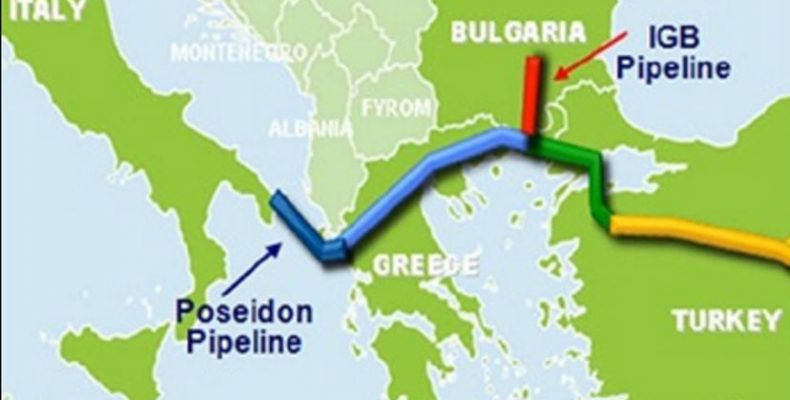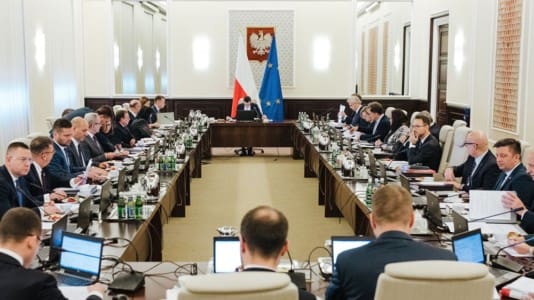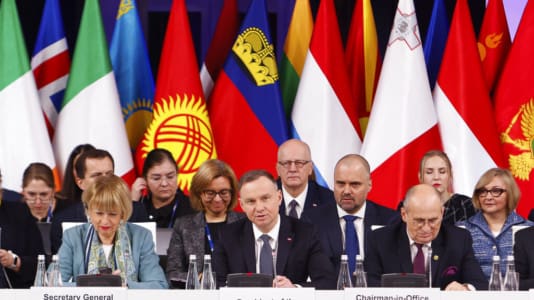Greece, Bulgaria, Romania, and Hungary agreed in Athens on Thursday to improve the interconnection and transport capacity of their gas networks as part of a long-term effort to diversify gas sources and increase their role in the European gas supply chain.
The four countries agreed in 2016 on the development of the infrastructure needed to implement the so-called “vertical gas corridor” between Greece and northern Europe, through Bulgaria, Romania, and Hungary, allowing the two-way transport of gas.
In a memorandum signed during the break of the conference on liquefied natural gas (LNG), DESFA of Greece, Bulgartrasgaz of Bulgaria, FGSZ Földgázszállító Zrt. of Hungary, and SNTGN Transgaz of Romania agreed to start negotiations on the regulatory and economic issues of the corridor.
According to the statement, the agreement will be valid for three years and may be extended for another year. “This is an important step towards the realization of a vertical corridor that will contribute significantly to the security of supply of the wider region,” said the statement issued by Maria Rita Galli, CEO of DESFA.
The agreement was also signed on Thursday by ICGB and Gastrade. The former is the owner of the second natural gas pipeline (IGB) between Greece and Bulgaria, which is the main element of the vertical gas corridor to be commissioned this year; the latter company is developing the offshore storage and re-gasification of liquefied natural gas in the port of Alexandroupoli in northeastern Greece. IGB will become even more important when its maximum annual capacity reaches 3 billion cubic meters.






